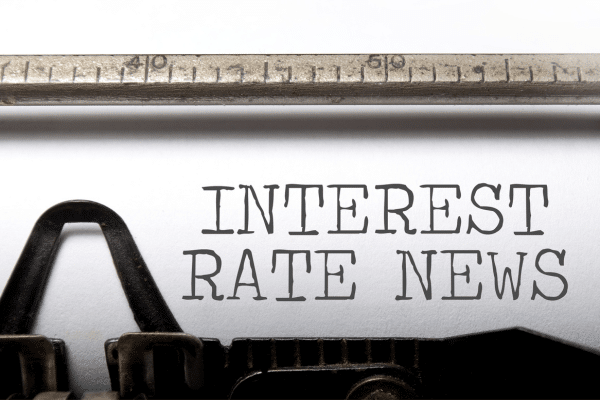When preparing a business for sale, it’s advisable to keep one eye on the general economic climate. The external business climate is not something any of us can control, but it’s worth considering some of the variables in your business exit plan. If you choose to ignore it, economic change and uncertainty could impact your ability to exit your business on your terms.
In this post we’re going to investigate whether the current UK economic climate is a deterrent to potential buyers, and if spiralling interest rates are impacting business valuations.
The current UK economic backdrop
Food and energy prices, mortgages and rents have all increased substantially over the past year. At the time of writing this post in August 2023, inflation sits at 7.9%, almost four times higher than the government target of 2%. And when inflation is high (as it is now), people become more considered in their spending habits. The Bank of England has raised interest rates no less than five times in 2023, raising the cost of borrowing base rate to 5.25% from 1.25% 12 months ago.
This all has a clear impact on the consumer and our cost of living, but is it limiting the spending power of business buyers too?
What is the impact of the economy on buying and selling businesses?
While we are not officially in a period of recession, falling into one may impact sales and potential profits. If you are preparing your business for sale it’s important to be mindful of consumer spending habits as well as how interest rates may affect the cost of current and future borrowing for potential buyers.
Incredibly, even since the disastrous mini budget in September 2022, business valuations and sales have remained resilient. There are still buyers out there who are looking to buy and sellers who are successfully exiting their businesses. However, not every aspect of the exit process has remained unaffected. Two key themes we need to discuss are the cost of business finance and its impact on return on investment.
The high cost of borrowing
Few people looking to purchase a business will be cash buyers. Individuals and groups of buyers are more likely to combine a cash investment with part finance, through a business loan or some form of equity finance.
Interest rates are undoubtedly a big consideration for buyers seeking business finance. In our recent experience, high interest rates and the substantial cost of borrowing are leading some buyers to make lower purchase offers.
On the other hand, high interest rates mean investors are generating higher returns on their investment pots, making cash purchases a more realistic possibility in some cases.
Buyers are looking for a quick return on investment
Rate of return on investment is a key attraction for business buyers. How quickly that business starts to turn a profit may affect decisions about overall value and finance to fund the purchase.
Buyers are shrewd. They want to purchase a business that will generate speedy returns. If a buyer borrows a substantial amount of money at a high interest rate, it will take them longer to profit from their investment than if they borrowed a smaller amount at a low interest rate.
However, financing a purchase isn’t the only consideration for a potential business buyer. They know what they want and are usually well-versed in the perils and pitfalls of the economy and how to run a profitable business. Buyers also aren’t afraid to take a risk.
Buyers, don’t let finance slow down your purchase
Most buyers apply for finance at the due diligence stage of a business sale. For many this is too late in the day. Applying for a loan takes time and resources, and may take your focus away from carrying out important due diligence checks.
No seller wants to receive the news that their buyer isn’t in a position to move forward because their loan offer has expired. Applying for business finance early could secure a more favourable interest rate and prevent delay to the sale process.
The earlier you do this, the more favourable your buying position. Faced with two similar offers, which do you think a seller is most likely to favour? The buyer that has already secured their finance or the one who has to re-apply because of fluctuating interest rates?
Thorough business exit planning is in a seller’s best interests
Uncertainty in the markets has taught us one thing – a careful, considered, planned approach to exiting your business always wins the day. This may be an uncertain time for the economy, but it’s not preventing buyers or investors from looking to purchase. It’s simply making people more considered in their approach.
High inflation and interest rates may affect perceptions of value and/or limit the amount of borrowing buyers are willing to commit to. This is why having a sound business exit strategy is such an important step in achieving the value you want – and perhaps the pension you will live off in later life.
So, what are you waiting for? Book a free exit strategy call and start defining what your business exit strategy will look like.
It’s definitely not all doom and gloom. The current state of the UK economy should not stop you putting your business on the market. Buyers are resilient. They know exactly what they want – a sound investment with good rates of return. They will find a way to achieve their objectives, and we can help you create a path to achieving yours.












